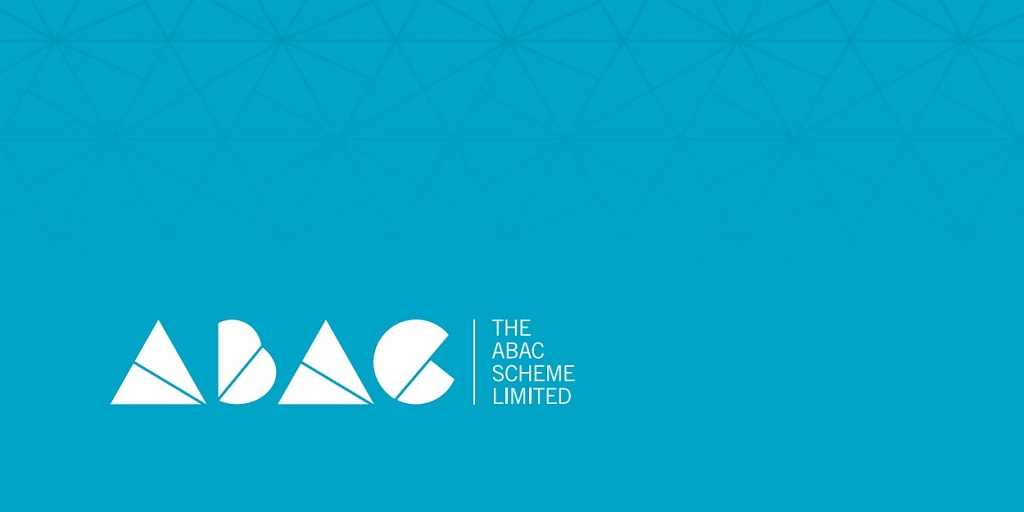
ABAC releases social media compliance audit data

ABAC has released findings from its recent alcohol marketing audit, which evaluated compliance numbers for age restriction controls across social media platforms.
Conducted by JWS Research, the audit engaged over 300 brands between March and May of this year, to evaluate if age restrictions controls had been activated for Instagram, Facebook, YouTube and Twitter accounts.
In 2017, the ABAC code introduced placement rules, which requires alcohol marketing to have available age restriction controls activated to prevent marketing being visible to minors.
“The objective was to understand levels of compliance across various platforms and any impediments to full compliance to aid education initiatives and the development of useful resources,” ABAC Chair Harry Jenkins said in a media release.
Overall, influencer posts recorded the least amount of non-compliance whilst alcohol branded accounts recorded the highest.
YouTube and Facebook profiles each accounted for 20 and 22 per cent of non-compliant instances, while Instagram pages accounted for 29 per cent. Twitter accounted for three per cent however, this could be due to the platform only having age restriction controls available for paid advertisers.
The audit also found that larger companies were more likely to have age restrictions in place.
“It was evident from the independent audit that very few non-age restricted brand initiated influencer posts were detected, however, there is room for improvement on age restriction of alcohol brand accounts on Instagram, Facebook and YouTube,” Jenkins said.
“ABAC is committed to providing industry with the education and resources it needs to navigate the complex and changing age restriction options across the wide variety of social media platforms in Australia.”
The audit also noted however, that non-compliance was often due to the difficulty in understanding each social media platform’s age restrictions tools.
A recent Better Beer adjudication highlighted the grey area in applying age restrictions for influencers and alcohol branded accounts.
“It is clear that the primary cause of non-compliance is a lack of understanding and confusion over the availability and implementation of age restriction options, particularly among smaller businesses,” Jenkins said.
“ABAC is also committed to continuing to encourage the expansion of these options by social media platforms and the simplification of activation mechanisms.”
In response to the findings, ABAC has stated that it intends to form educational initiatives for age restriction controls and commit to periodic compliance monitoring.



